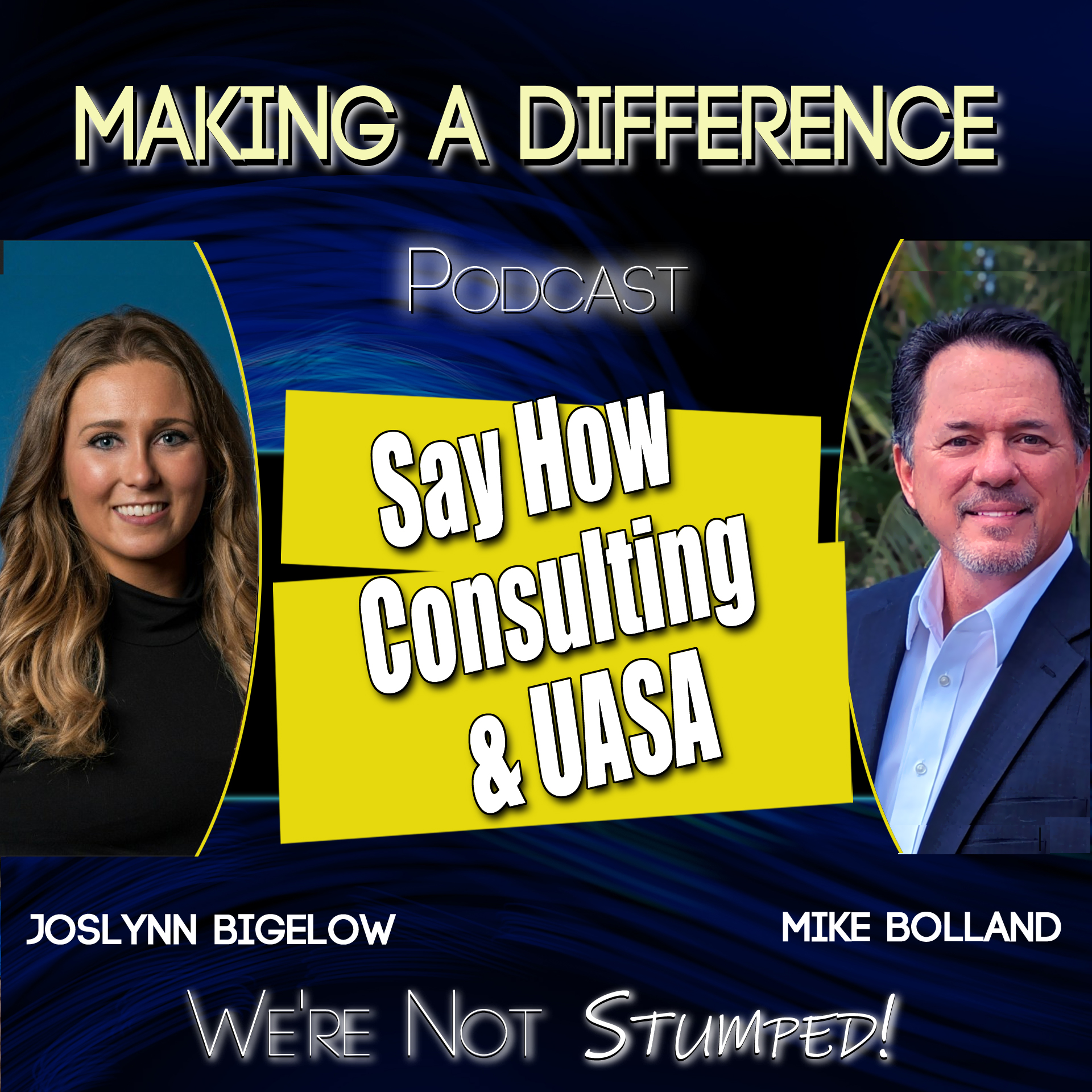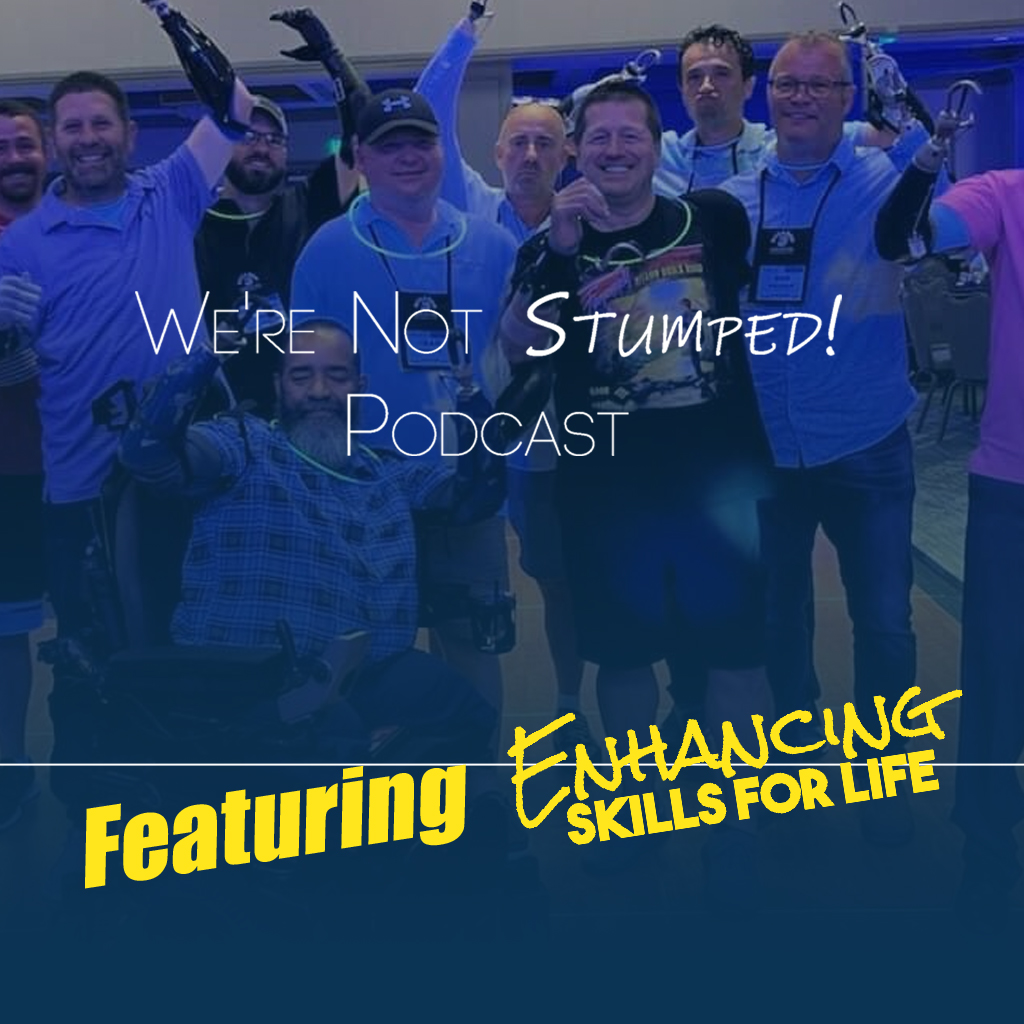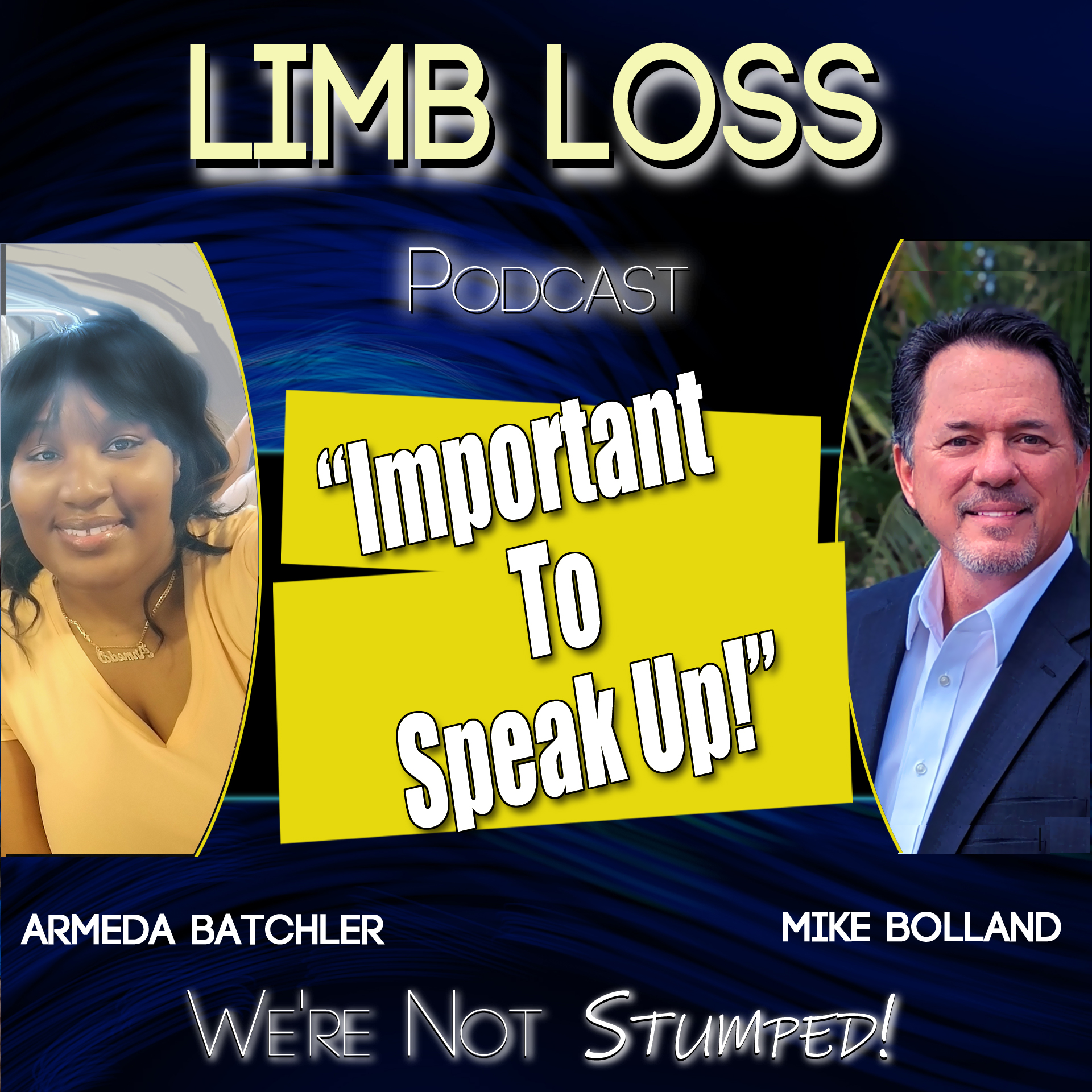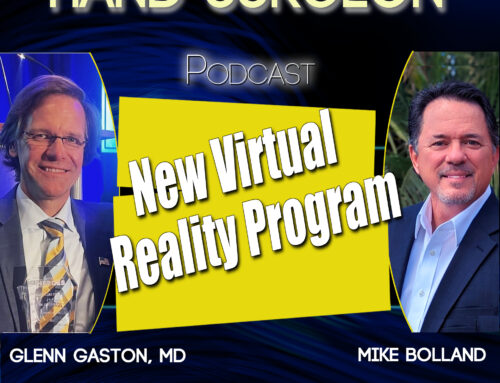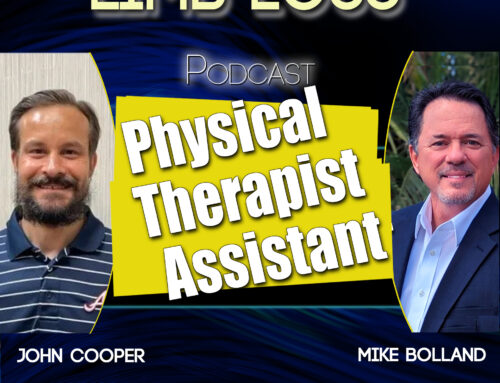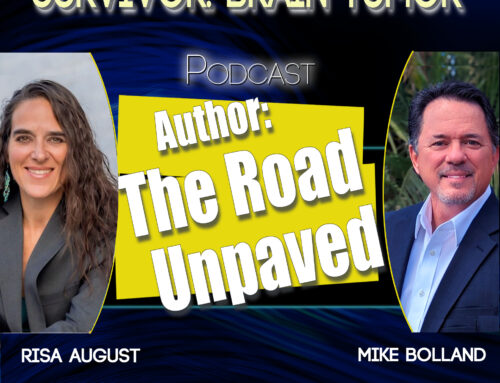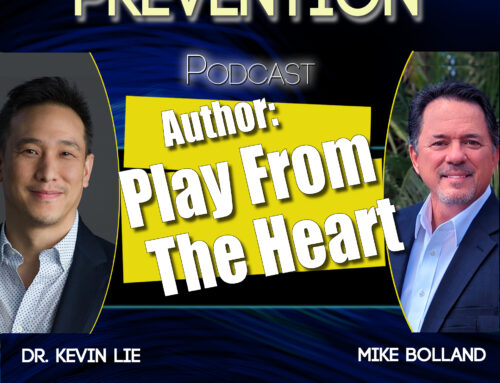Peripheral Artery Disease (PAD) affects millions worldwide — yet most people don’t recognize the warning signs until it’s too late. In this powerful episode of We’re Not Stumped, host Mike Bolland welcomes Emmy Award-winning journalist and Global PAD Association co-founder Kym McNicholas to explain what PAD is, how it causes poor circulation, and why early detection is critical in preventing amputation.
Kym shares her inspiring journey from covering a medical story to becoming one of the leading advocates for PAD awareness and patient empowerment. She sheds light on how education, proper diagnosis, and access to the right care can literally save limbs — and lives.
In this episode, you’ll learn:
✅ The symptoms and stages of PAD — and why it often goes undiagnosed
✅ How 85% of diabetes-related amputations could be avoided with proper vascular testing
✅ Why getting a second opinion before surgery can make all the difference
✅ How the Global PAD Association (PADHelp.org) supports patients through education, walking programs, and the PAD Hotline (1-833-PAD-LEGS)
✅ Real patient success stories showing how minimally invasive treatments can prevent amputation
If you or someone you love is living with diabetes, circulation issues, or unexplained leg pain, this episode is a must-watch. Awareness is the first step to prevention — and every step counts.
📞 PAD Hotline: 1-833-PAD-LEGS
🌐 Learn more: https://padhelp.org
🎙️ Podcast Website: https://werenotstumped.com
Listen on Apple Podcasts
Watch on YouTube
Listen on Spotify
In this episode of We’re Not Stumped, host Mike Bolland sits down with Joslynn Bigelow, founder and CEO of Say How Consulting, for a powerful conversation on disability advocacy, system navigation, and the importance of dignity of risk. Joslynn shares her personal journey into advocacy, the launch of her consulting business, and her five guiding principles for creating inclusive services: dignity of risk, individual readiness, assess and address, authentic experience, and realistic opportunities. The discussion dives into: ✅ Why “say how” means finding solutions when systems say “no” ✅ The role of dignity of risk in fostering independence and inclusion ✅ The origins and growth of the United Adaptive Soccer Association (UASA) ✅ The challenges of advancing inclusion in adaptive sports ✅ The unique opportunities upcoming global sporting events offer for disability awareness
In this episode of We’re Not Stumped, host Mike Bolland sits down with Shawn Johnson, founder and executive director of Enhancing Skills for Life, and Mike St. Onge, board chairman and quadruple amputee, to explore the organization’s inspiring mission and impact. Shawn, an occupational therapist with nearly three decades of prosthetic and rehabilitation experience, shares how Enhancing Skills for Life grew from its first workshop in 2002 into a global community serving people living without both arms or all four limbs. Mike reflects on his personal journey as a quadruple amputee, highlighting the strength of peer support and empowerment in rebuilding independence. Discover how this nonprofit is transforming lives through: ✅ Workshops and skill-building events ✅ Adaptive equipment resources like the “Hands-Free Catalog” ✅ Scholarships, mentorship, and international participation ✅ Exciting future collaborations and upcoming workshops Whether you’re part of the limb loss community or simply inspired by stories of resilience and hope, this conversation is packed with insight and heart.
In 2013, Armeda Batchler made the life-altering decision to amputate her left leg above the knee after being diagnosed with osteosarcoma—just months after becoming a new mother. Determined to push forward, she balanced recovery, parenting, and work with remarkable strength. Yet behind the resilience, Armeda faced hidden struggles: depression, isolation, and the difficulty of asking for help. Over time, she discovered the healing power of connection, rebuilding a local amputee support group and embracing advocacy to support others walking a similar path. In this heartfelt conversation, Armeda opens up about her cancer journey, the challenges of raising her daughter while adapting to limb loss, and how hope and community helped her transform struggle into purpose.

